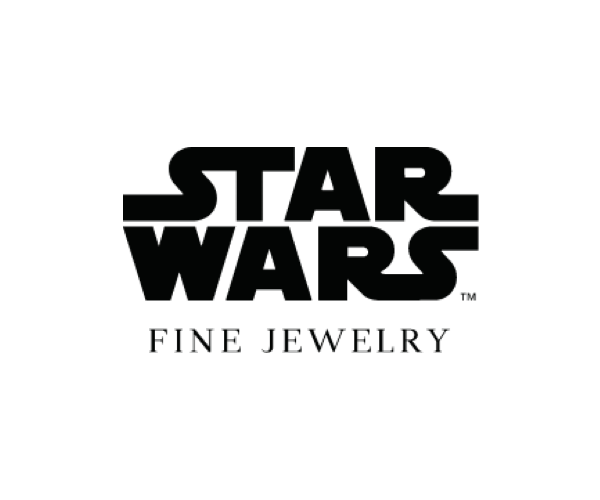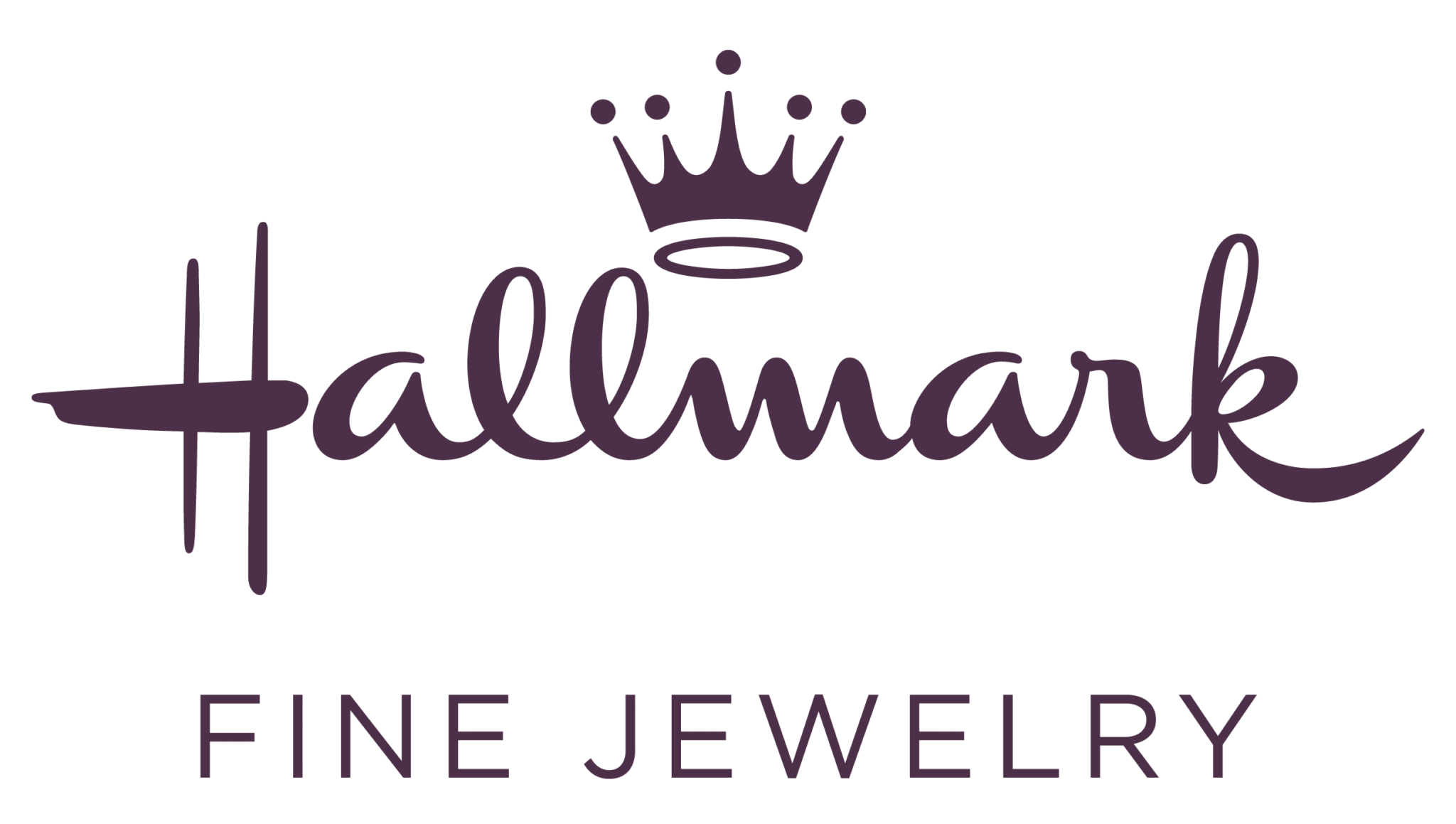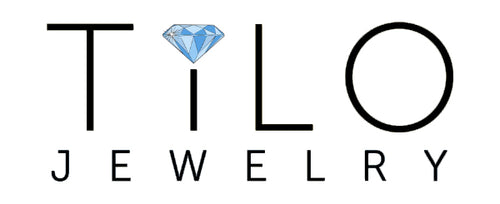First, let’s start with a statement that summarized one of the latest marketing conferences in the fashion industry: “There are no product vendors, only data vendors.” How does this make sense?
From large retail networks to online brands and “mom-and-pop” brick-and-mortar shops, jewelry retailers rapidly adopt technologies in all business spheres. From POS systems to CRMs, ERP systems, marketing automation systems, eCommerce systems, and member clubs software, the technological stack gets wider with time.
When you close a B2B deal, your jewelry rarely ends up on the shelf alone. It has to be taken into your reseller’s systems. Suppose your partners can’t quickly integrate the new jewelry into their business technology, update availability and pricing, and process the product media. It’s a strong reason to switch vendors. Jewelry without data attached becomes irrelevant.
Let’s look at it from a different angle. In jewelry B2B, relationships are built on trust — but sustained through performance. Buyers, distributors, and resellers expect precision, speed, and professionalism. They don’t just buy jewelry; they buy reliability.
Today, that reliability is driven by technology. From a complete, adjusted, consistent product data to updated digital catalogs, automated order management, and clear financial management, technology turns a good supplier into a trusted long-term partner.
How can jewelry manufacturers and wholesalers use technology to strengthen partnerships, streamline operations, and turn efficiency into sales?
1. Build a Solid Technological Foundation
- Centralized platform: Consolidate all product, client, and order information in one secure system — metals, gemstones, certificates, images, and variations.
- Jewelry-specific structure: Avoid generic ERPs or spreadsheets; jewelry data is unique and demands specialized organization.
- Scalable: A centralized foundation enables faster updates, easier onboarding of new partners, and fewer mistakes.
Valigara’s jewelry PIM helps jewelry businesses store, enrich, and connect their data across all sales channels — creating a single source of truth that fuels every part of your B2B workflow.
2. Streamline Jewelry Catalog and Product Management
Your catalog is your digital storefront. In B2B, it’s often the first (and only) impression a buyer gets.
- Smart catalog creation: Automatically generate collections, sets, and gemstone combinations.
- Multi-level pricing: Manage different price lists for partners, distributors, and retailers with ease.
- Multiple catalogs. Prepare dedicateg catalog of only relevant jewelry (and only relevant information) for every client, every deal, every season, every common request.
- Professional presentation: Create and share up-to-date digital, PDF or Excel catalogs instantly, as the request appears.
What are the main types of digital catalogs?
- General catalogs. This is your foundation for the basic introduction of your company. Mailing lists, initial reply to inquiries, and outbound marketing are the primary uses. Such catalogs can be static: “Our top-25 jewelry”, “Autumn 2025”, or dynamically change as you update your product line: “All Jewelry” , “All Rings” , “Evening Collection”
- Common request catalogs. More specific catalogs, which allow you to address the common requests quickly. These can be updated regularly, as your product line changes. “All studs”, “Bracelets $100-200”, “Gemstones Pendants” , “1 carat CVD rings”.
- Client-specific catalogs. These are built for a specific client, who uses them constantly. They take into account the client’s preferences, and needs.
- “In-deal” catalogs. These are prepared to close a specific deal. F.i., your retailer asks what is most relevant. Your sales team specific items, making the selection more obvious, visual, and your client’s choice simple.
- Co-branded catalogs. These are the ones your reseller shows to his clients. Such catalogs are customized and branded to match your reseller’s branding.
- In-store catalogs. These are adjusted for the presentation in retailers’ stores on tablets and large monitors.
With Valigara, manufacturers convert outdated spreadsheets into rich digital catalogs — ready for instant distribution to partners worldwide.
3. Empower Sales Teams with Digital Tools
Professional partners need professional tools. Give them digital assets that make your jewelry easier to sell.
- Multi-channel feeds: Distribute your catalog to multiple platforms (marketplaces, resellers, brand portals) simultaneously but independently. Each channel receives only relevant information in a relevant format.
- Branded websites: Offer custom B2B portals for resellers to browse, order, and communicate directly with your sales team.
- Jewelry CRM systems: Track opportunities, follow up automatically, and never lose a lead again.
Valigara’s all-in-one approach cuts up to 75% of sales administration time, allowing sales teams to focus on what matters — closing deals.
4. Keep Inventory and Pricing Sync and Accurate
Out-of-sync inventory or outdated prices can instantly damage a reseller’s confidence, your company’s image, and your sales.
- Real-time stock sync: Connect all sales channels to ensure consistent availability.
- Instant repricing: Update jewelry prices dynamically as gold or diamond costs change.
- Virtual inventory: Extend your catalog with made-to-order or supplier-backed stock, without increasing operational complexity and inventory investments.
With Valigara’s jewelry-specific inventory management, manufacturers prevent overselling, protect margins, and expand their offering while maintaining full control of stock accuracy.
5. Support Resellers with Digital Enablement
Your B2B success depends on your resellers’ success. The more empowered they are to sell, the faster your business grows.
- Branded catalogs: Give partners always-updated, branded catalogs they will use with their clients in-store.
- Ready-to-use content: Provide enriched visuals, descriptions, and certificates to make their product pages shine.
- B2B2C enablement: Equip your resellers with data feeds and even their instant eCommerce website, which will help them sell YOUR jewelry to their clients.
- Be specific: Match your jewelry data formats to your resellers’ requirements.
Valigara helps you distribute product content instantly to partners, ensuring every reseller promotes your brand consistently and professionally.
6. Turn Insights into Growth
Without robust technology, analyzing the performance of thousands of SKUs is simply impossible. Work without analysis means business blindness, which in turn means direct and indirect losses.
- Sales performance tracking: Analyze which items, categories, and materials perform best across channels.
- Process optimization: Identify bottlenecks and opportunities in production, listings, or partner activity.
- Strategic decision-making: Use analytics to guide marketing and pricing strategies instead of relying on assumptions.
Valigara’s analytics give jewelry businesses actionable intelligence, transforming day-to-day data into long-term growth decisions.
7. Enable the D2C expansion
Expanding the existing B2B business with D2C sales became the norm, with all major jewelry manufacturers exploring this option. Expansion into the B2C realm impacts the B2B business in many ways. So, working with end customers allows you to receive direct feedback to adjust your B2B offering quickly. Having the B2C and B2B orders in one platform will enable you to analyze your jewelry performance on the BOM jewel.
- Simplified skills acquisition. The main challenge for B2B jewelers to adopt D2C is acquiring new skills required for dealing with B2C clients. Specialized technology streamlines this process.
- Multichannel D2C extension. While establishing the B2C strategy, multiple channels provide access to different target audiences, verify your jewelry performance with varying business models, and lower risks.
- Zero-inventory setup. A complete digital sync of B2C with the existing B2B inventory software will immensely lower the entry costs into the additional business, providing an additional competitive advantage over competitors.
Valigara combines a complete set of tools required for multichannel sales, effectively reusing the core system components in multiple cases.





























